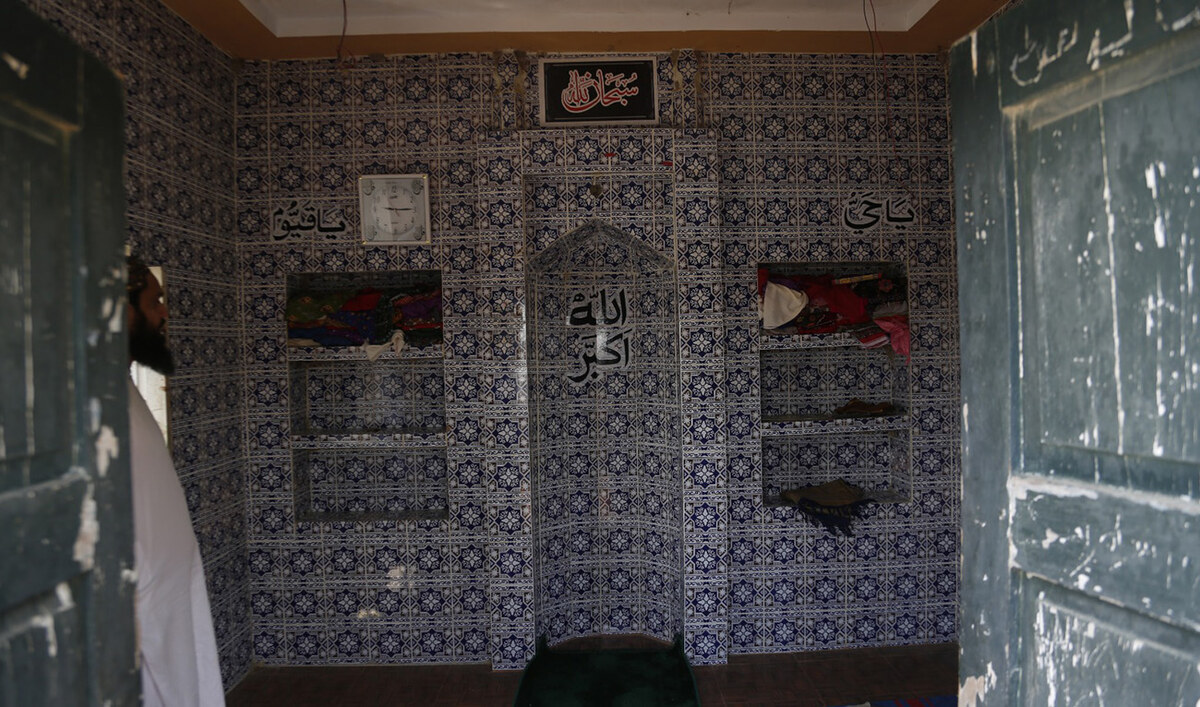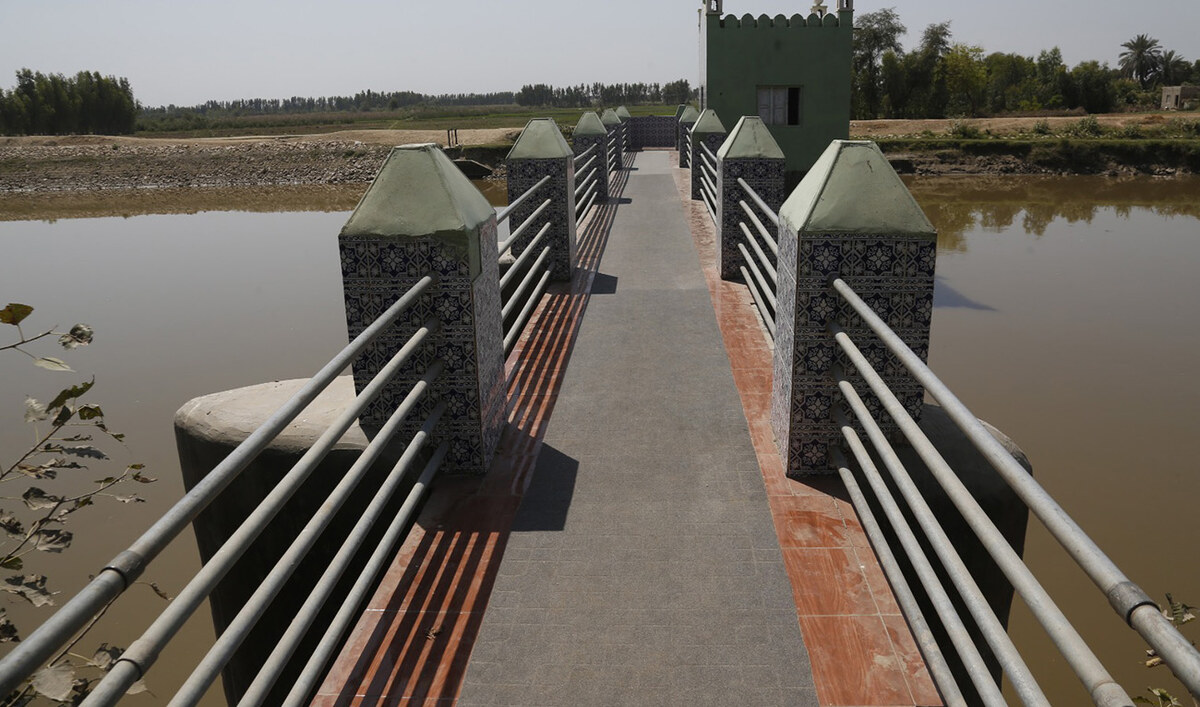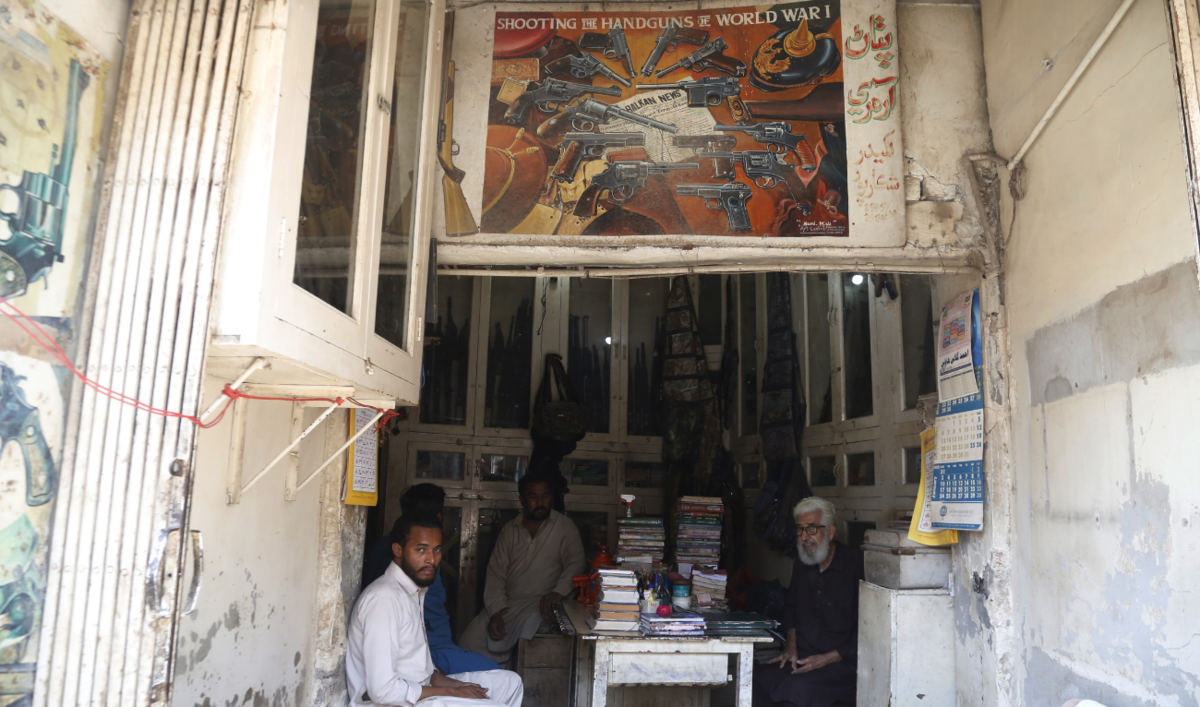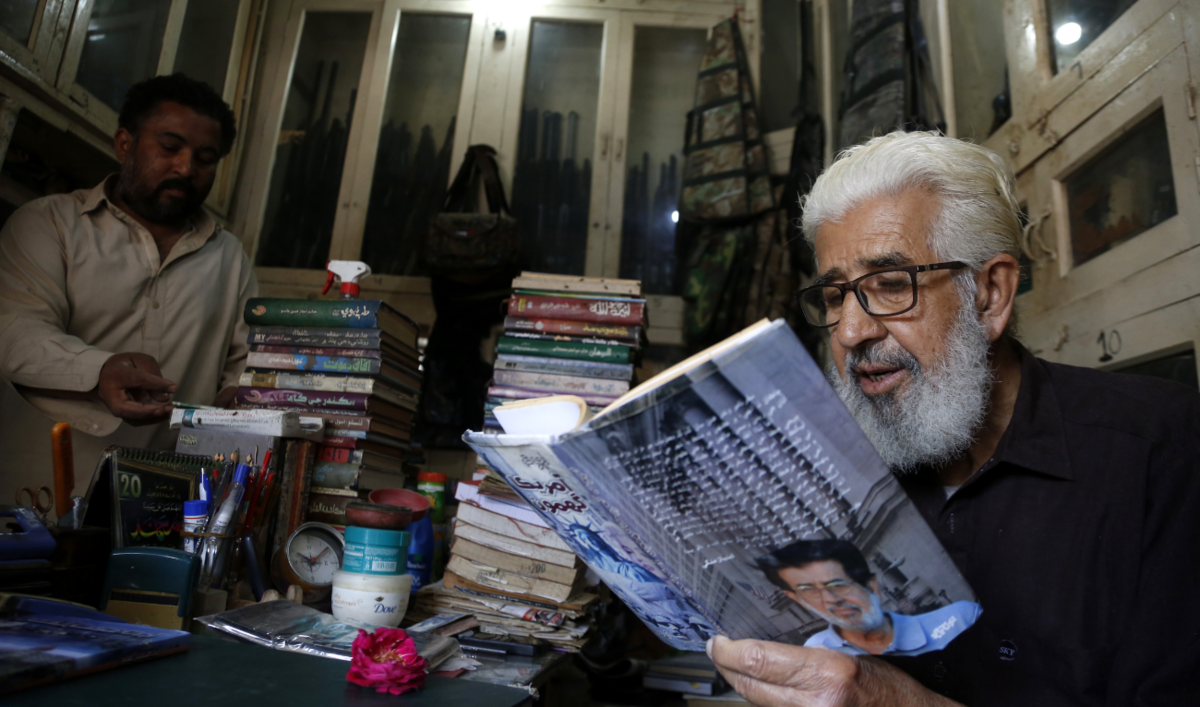ISLAMABAD: The year 2021 was a busy one for Pakistan diplomatically, with a Taliban takeover in neighboring Afghanistan, an upward trajectory in relations with Gulf countries, and mixed signals from the new administration in the United States.
Below are some of the major events that made 2021 important for Pakistan's foreign policy.
Taliban takeover of Afghanistan
The Taliban took control of Afghanistan in mid-August as US-led foreign troops withdrew 20 years after invading the country. The takeover prompted panic and chaos, and put the country on the verge of humanitarian catastrophe as the US and allied countries suspended billions of dollars in international assistance to the country's aid-dependent economy.
Thousands of people had been airlifted from the country since August, with Pakistan facilitating the evacuation of 16,000 diplomats, foreigners, aid workers, journalists and vulnerable Afghans on its national flag carrier flights and through its land borders.
The evacuation efforts and later Pakistan's humanitarian support for its war-battered neighbor have earned appreciation from the international community, as Islamabad made addressing the crisis one of the main points of its foreign policy and held a number of highest-level international meetings with regional countries and the world's superpowers, including an extraordinary moot of the Organization of Islamic Corporation (OIC).
OIC extraordinary session in Islamabad
On December 19, Islamabad hosted the 17th Extraordinary Session of the OIC Council of Foreign Ministers, with participants widely hailing Pakistan's efforts to organize the summit that focused on the looming economic and humanitarian crisis in Afghanistan.
Around 70 delegations from OIC member states, non-members and regional and international organizations attended the meeting, with 20 of them led by foreign ministers and 10 by deputies or ministers of state. Other than foreign ministers from Islamic countries, delegations from the EU and the P5+1 group of the UN Security Council, including the United States, Britain, France, Russia, China and Germany, were also in attendance.
Participating nations decided to establish a humanitarian trust fund to channel humanitarian assistance to Afghanistan, including in partnership with other international actors, and to appoint a special envoy on Afghanistan to the OIC Secretary General.
Relations with Saudi Arabia
Pakistan’s relations with Saudi Arabia have been on an upward trajectory and Prime Minister Imran Khan visited the kingdom twice in 2021, in May and October.
After Khan's second visit, the Saudi Fund for Development (SFD) announced a generous financial package of $4.2 billion to help the South Asian nation address depleting foreign reserves.
The SFD deposited $3 billion dollars into the Pakistani central bank and pledged it would additionally supply $1.2 billion worth of oil to Pakistan on credit.
Saudi Arabia had also supported Pakistan back in 2019 with $3 billion deposits and $1.2 billion of deferred oil payment facility.
Home to over 2.5 million Pakistani expatriates, Saudi Arabia also remained Islamabad's largest source of remittances, which during the first five months of the 2022 financial year reached over $3.2 billion.
Expo 2022 Dubai
The Pakistan Pavilion at Expo 2020 Dubai has received over 550,000 visitors and led to the signing of dozens of investment and cooperation agreements since the exhibition opened in October. Most of the deals signed relate to the fields of infrastructure, housing, water management, waste management, and trade in goods and services.
Pakistan President Dr. Arif Alvi inaugurated the pavilion, while Foreign Minister Shah Mahmood Qureshi visited the UAE several times during the year.
Prime Minister Imran Khan, meanwhile, was recognized with the Mohammad bin Rashid Al-Maktoum Creative Sports Award, funded by the Dubai ruler to promote creativity in sports and the wellbeing of sportspersons.
Relations with other Middle Eastern countries
Foreign Minister Shah Mahmood Qureshi undertook a number of bilateral visits to Middle Eastern countries in 2021, including Egypt, Bahrain, Qatar, Iraq and Iran. A number of bilateral visits at the ministerial and services chief levels were also undertaken.
After the visit of the Foreign Minister of Kuwait, Ahmed Nasser Al- Sabah, to Islamabad in March, Kuwait decided to ease visa restrictions for Pakistani nationals, which had been in place since 2011. Additionally, under a government-to-government bilateral framework cooperation agreement on the recruitment of healthcare professionals from Pakistan, around 1800 healthcare professionals have traveled to Kuwait already.
Pakistan and Bahrain also convened the second session of the Joint Ministerial Commission in July 2021.
Impact of Dasu blast on relations with China
Pakistan’s relations with China faced a jolt after a blast on a bus killed 13 people in north Pakistan in July, including nine Chinese nationals. The passengers of the bus were Chinese and Pakistani workers traveling to the site of the Dasu hydroelectric project, which is part of the China-Pakistan Economic Corridor (CPEC), a $65 billion investment plan aiming to link western China to the southern Pakistani port of Gwadar.
Work on the project stalled for several months after the blast and the Chinese repeatedly called for foolproof security for their workers in Pakistan before they continued with the Dasu and other projects. After extensive diplomatic efforts and the beefing up of the security of Chinese nationals, work on the project has reportedly resumed.
In another development Beijing hosted the 15th session of the Pakistan-China Joint Economic Committee (JEC) on Economic, Trade, Scientific and Technical Cooperation after 11 years gap.
Revival of ceasefire agreement between Pakistan and India
The militaries of India and Pakistan said in a rare joint statement in February that they had agreed to observe a ceasefire along the disputed border in Kashmir, having exchanged fire hundreds of times in recent months. The nuclear-armed neighbours signed a ceasefire agreement along the Line of Control (LoC) in the Kashmir region in 2003, but the truce has frayed in recent years, and there have been mounting casualties among villagers living close to the de facto border.
According to the Pakistan foreign office, there were 7763 ceasefire violations carried out by India from August 2018 till 15 October 2021, which resulted in 80 deaths and 526 injuries on the Pakistani side of the border. Out of these, around 300 took place between January to October 15 this year.
Cold shoulder by the United States
Much has been written and said in Pakistan about US President Joe Biden not calling the Pakistani premier since the former was sworn in as president in January. The perceived diplomatic affront marks the latest setback in US-Pakistan relations after the two nations' cooperation during the 'war on terror' following the 9/11 attacks by al-Qaeda, the militant group founded by Osama bin Laden.
In 2004, the US named Pakistan an official major non-Nato ally, spurred by Washington’s need for support to fight in Afghanistan. But US administrations have since regularly accused their ally of harbouring Taliban insurgents, claims denied by Pakistan.
Under President Donald Trump’s administration, the US severed $2 billion in security assistance to Pakistan, with the then-president accusing Islamabad of “nothing but lies and deceit”. But after Trump made a deal with the Afghan Taliban that relied on help from Pakistan, he invited Khan to the White House.
After the Taliban takeover of Afghanistan, US Secretary of State Antony Blinken said in the public hearing in Congress in September that Pakistan had a “multiplicity of interests some that are in conflict with ours.” He said the US would “recalibrate” its relationship with Pakistan in the coming weeks to formulate what role Washington would want it to play in the future of Afghanistan.
























